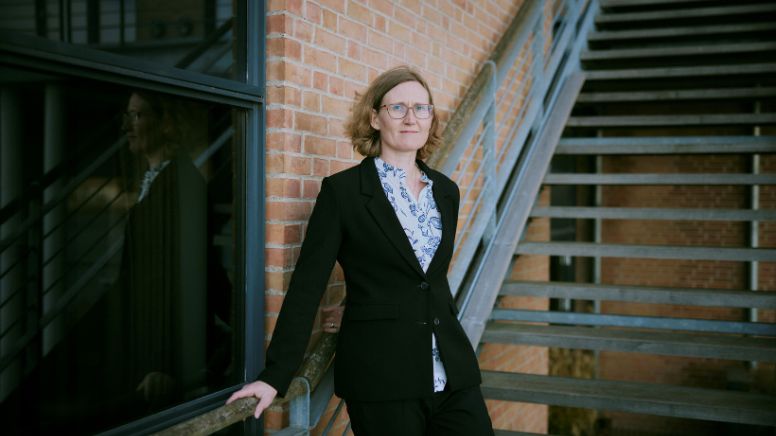Has your union representative made a difference for you and your colleagues? Then you can say thank you by nominating them for the Union Representative of the Year award.
OK24
Here is the new collective agreement for employees in the Danish state sector

On Sunday 11 February 2024, we have entered into an agreement on a new 2-year collective agreement for IDA's approx. 10,000 members employed in the state sector.
Malene Matthison-Hansen, IDA's political negotiation chief at OK24 and chairperson of the Council of Employees, has the following to say about the process:
"The negotiations have been long and difficult, but we are pleased that we managed to secure an improvement of real income. This was the absolute top priority for IDA's members.
I would also like to highlight a completely new savings account, which gives the individual the opportunity to finance, for example, breaks from working or a switch of career paths. IDA's members demand flexibility, and the savings account offers some new options for this.
In the negotiations, we had also put a lot of effort into establishing a reasonable framework for overtime and limitless work. But unfortunately, despite tough negotiations, it has been very, very difficult to get a result on this.”
The agreement between the Academics (the confederation of professional organisations which includes IDA) and the Ministry of Finance contains, among other things:
- A salary framework of 8.8%, giving general salary increases of 5.9% in 2024 and 1.7% in 2025.
- The pension is increased by 0.97%, which can be paid out as salary or deposited into a savings account in 2025 at your choice.
- A completely new element in the form of a savings account where you can choose between pension, salary and savings for periods of further education etc.
- A new agreement on saving time off. The agreement gives employees the opportunity to save time off in lieau and special holiday days for later use.
- Improved parental leave conditions that ensure better and more equal parental leave rights and, among other things, provides 3 more weeks with full pay for fathers, co-mothers and adoptive parents, as well as several weeks with full pay for solo parents and parents of twins.
- The state skills fund will be continued, so that members still have the opportunity to apply for funds for continuing and further education.
- In the Education and research area, the salary and employment conditions for scientific staff have been improved, among other things in relation to parental leave provisions and the possibility of extending the employment for Ph.D. students.
Read: Akademikerne's agreement (in Danish)
Parts of the negotiations concerning the state sector take place via the cooperation organisation Centralorganisationernes Fælles Udvalg (CFU). Here IDA is included as part of Akademikerne.
Read: CFU's agreement (in Danish)
IDA members voted yes
All publicly employed IDA members could vote on the outcome that IDA negotiated on behalf of the members at OK24 regarding pay and working conditions during the period March 20 - April 5, 2024.
The academic unions voted overwhelmingly in favour of the new agreements
The vote on OK24 was indicative among all IDA's public sector members.
Based on the members' votes, IDA's political committee, the Employee Council and IDA Public subsequently decided to approve the result.
IDA reported the results to our umbrella organization Akademikerne, and so did the other academic unions.
The academics then considered the overall results from all member organisations. Here too, there was a large yes to new collective agreements for a total of 150,000 public-sector academics.
OK24 - What is it?
OK24 refers to the collective bargaining process between employers and trade unions in early 2024.